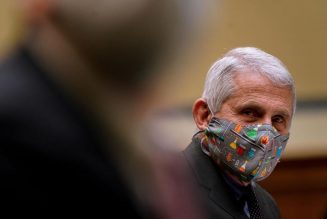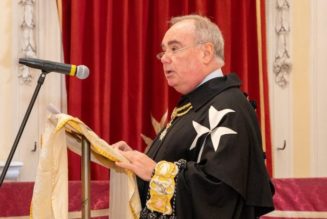
“I think this explains the virulence of Africa’s reaction,” Ambongo said, alluding to the Jan. 11 decision of the bishops in Africa not to implement Fiducia Supplicans on the continent following a Dec. 20 appeal for opinions from presidents of Catholic bishops’ conferences of Africa and its islands in view of having a “single synodal pronouncement.”
“I don’t think this text was necessary at the time,” Ambongo went on to say referring to the declaration. “We had just come out of the first session of the Synod on Synodality, and we’re now waiting for the second session. All these questions we raised during the first session of the synod; we’re going to come back to them and we would have gained a lot by waiting for the end of the second session and mature this kind of subject in a spirit of synodality.”
“Personally, I think that what surprised and shocked us the most was the way in which the text was published,” Ambongo said. “When you read the content of the document, there’s no revolution because we do bless people. We bless everyone, we even bless animals, we bless cars. Sometimes I even bless pens students use.”
“Blessings can be given to anyone,” he continued. “This means that what caused the problem wasn’t the blessing, because we already give blessings. What came as a bit of a shock, and I think we should have prepared public opinion a little better during the synod, was the blessing of the homosexual couples.”
The Congolese cardinal, who has been a member of Pope Francis’ Council of Cardinals since his appointment in October 2020 and reappointment in March 2023, further said: “I believe that if we had consulted beforehand, if we had analyzed Fiducia Supplicans in the spirit of synodality, perhaps we could have presented it in a different form and with a different tone, taking into account the sensitivities of others.”
Following conflicting reactions to Fiducia Supplicans, the prefect of the DDF, Cardinal Víctor Manuel Fernández, called upon each bishop to “make that discernment” on its implementation.






